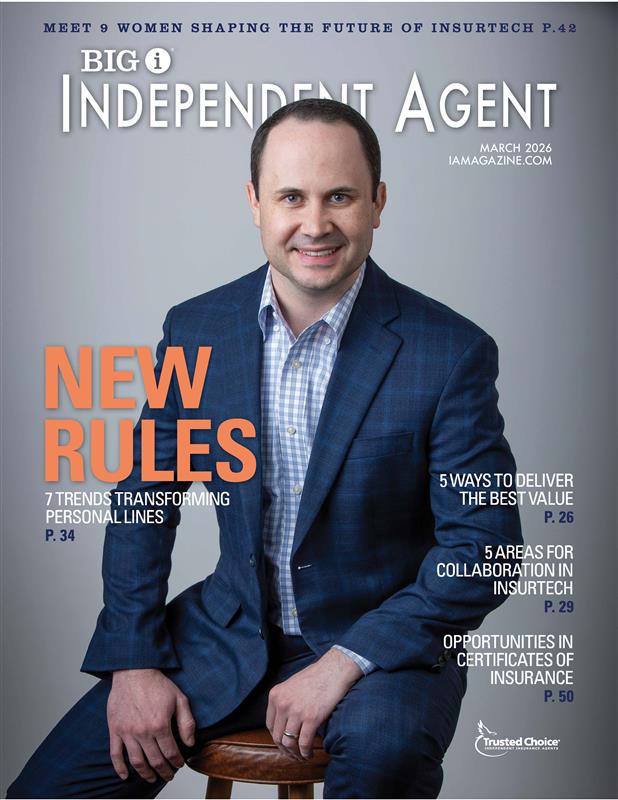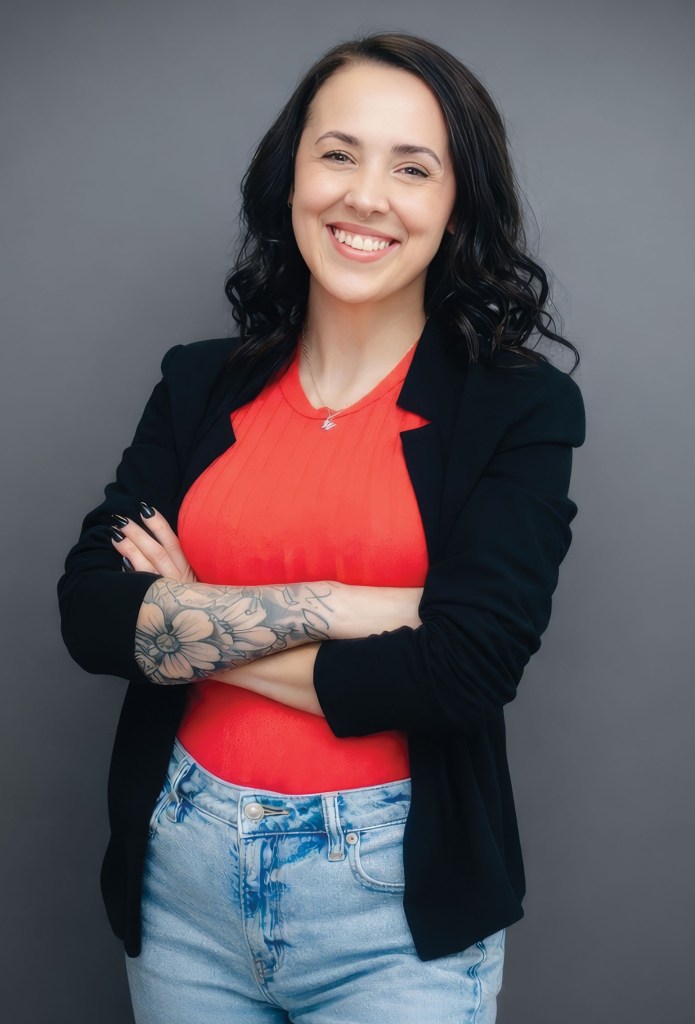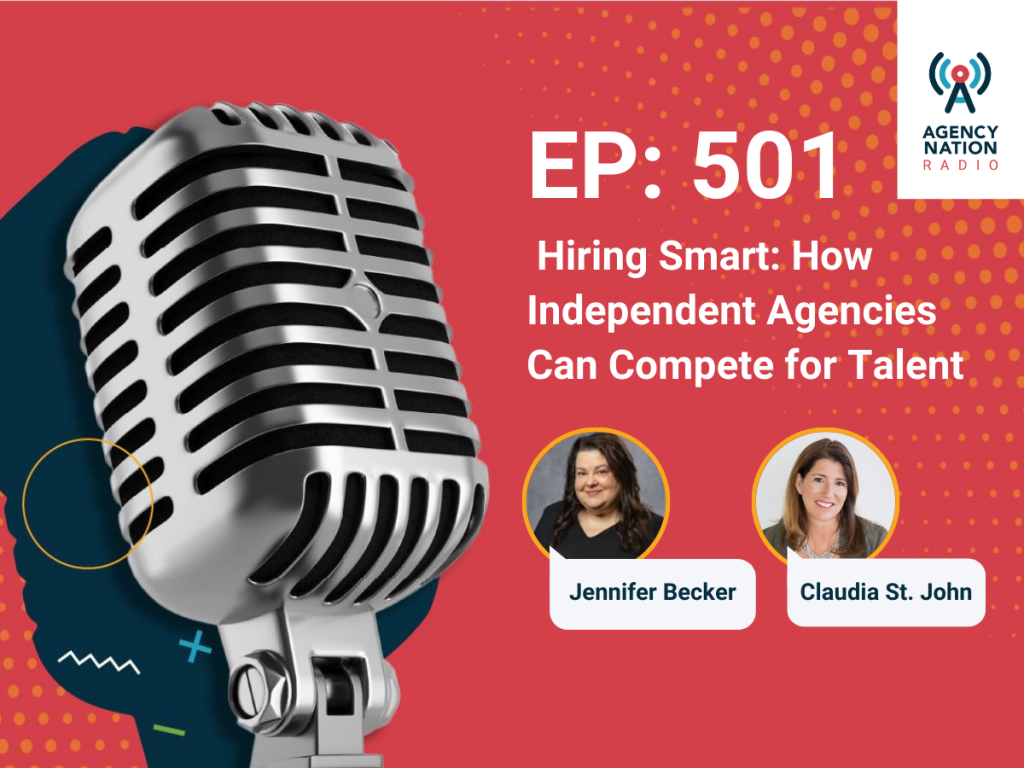3 Tips for Recruiting and Training Talent in the Insurance Industry

By: Joey Giangola
The insurance industry is determined to change younger generations’ perceptions about insurance, especially as hiring fresh talent becomes a front-and-center issue due to waves of retirees.
So what’s an agency to do? Here are fresh insights from three industry pros who have been there and done it into how insurance agencies recruit and train talent:
1) Help talent find purpose and passion within the insurance industry. Dustyne Bryant, personal lines academic director, National Alliance for Insurance Education and Research, worked for 15 years in different insurance industry positions. Her “aha” moment came with the help of an instructor at her current organization.
“The instructor, who eventually became my mentor, was talking about education like it’s exciting,” Bryant says. That instructor encouraged Bryant to get her various professional designations, which include a Master of Arts (MBA), certified insurance counselor (CIC) and certified insurance service representative (CISR).
“It wasn’t about promoting me in terms of a title but promoting my drive,” Bryant says. “He pushed me outside my comfort zone, and there was no fear of failure.”
This experience showed Bryant the importance of mentorship and sponsorship. Along the way, her mentor helped Bryant find her purpose and passion, which she feels is critical in employers helping employees have successful careers. Now more than ever, job seekers are craving positions that provide meaning, value and fulfillment.
“Once I found my purpose, my passion; there was a shift in me regarding work-life balance,” she says. “There is no work-life balance—there is life balance because I discovered my passion within insurance, so for me, it isn’t work anymore. It is everything to me. This isn’t to say work is my entire life, but all of it works within my life and is now my passion.”
Bryant says that instead of having new entrants in the industry focus on numbers to define success, such as growing a book of business by a certain dollar amount, help them find their passion, and the results will come.
“New hires see numbers as the goal that will make them successful, as this is what they are being told,” Bryant says. “When they don’t hit those numbers, they lose their footing. They feel as if they don’t fit in, which means they can’t find their purpose and passion and end up leaving.”
2) Educate, be open-minded and be flexible. When Nikki Brandt started in insurance she quickly learned it’s a people and relationship business.
“I don’t think people realize this,” says Brandt, founder and president, NB Talent. “If more people realized insurance is a fun job—a people business—they would become a part of the industry.”
Brandt emphasizes the importance of sharing opportunities with individuals coming out of school and also believes that agencies should look outside the industry for producers and account managers.
“I have had many conversations with new producer prospects from other industries,” Brandt says. “I tell them, ‘What if you had a product or service that provided recurring revenue, would pay you every year as long as you took care of the accounts, and the position required some expertise? It’ll take some time upfront to learn the industry, but you’ll be able to position yourself as an expert and demonstrate you’re better than the next person because you know your stuff.'”
Too many hiring managers at insurance agencies are focused on experience, the resume and credentials, Brandt explains. “They should be more focused on personality. If you find the right person who is a go-getter, has great attributes for a position and could easily learn the industry, hire him or her.”
Of course, it’s a challenge for agency owners to put resources into training non-insurance hires.
“It’s not that agents can’t or don’t want to train new hires—they don’t have the programs to do so,” Brandt says. As a result, agents fight over the same “plug-and-play” candidates to fill positions. Those who go outside the box and provide the training will be better suited to finding the talent they need.
For example, Brandt recommended that one of her agency clients hire someone in the hospitality industry after he was unsuccessful in finding the right match.
“I recommended an awesome, incredibly smart, super ambitious and reliable individual,” she says. “She had a personality that makes you feel good, which I thought would translate quite well to a customer service position in the agency. Next month will be one year she’s been with the agency, and she’s one of his best hires.”
Another important aspect of recruiting individuals is providing flexibility.
“Post pandemic, everyone, including the younger generation, reassessed what they want from a career,” Brandt says. “They’ll get the job done but want to do it differently, on their terms. Some companies recognize this, while others want staff back in the office full-time. Flexibility will enable agencies to attract younger talent, which some other industries have already been able to do successfully.”
3) Be community-focused and inclusive. Phyllis Brumfield, owner of Brumfield Insurance Agency in Stockbridge, Georgia, believes it’s important to look within your community for employees and to hire individuals from all walks of life and educational backgrounds.
“We have Army bases in Georgia, so I service where I work, play and pray,” Brumfield says. “It’s important to me that I am a very inclusive agent, and I include everyone who has the ability to work in the agency. This includes veterans and those with disabilities within the community.”
Brumfield’s commitment to having a diverse and inclusive staff is close to home. Her dad was an Army vet, and she has a daughter and son-in-law who are disabled vets. Brumfield’s daughter joined the agency while also attending and graduating from law school.
As a Black woman in the insurance industry, she also knows firsthand the lack of diversity in our industry and how important it is to change this.
“I’ve always been in a room of 200 agents where 10 agents of color were in attendance. But, back in August [2022], I attended the National African American Insurance Association (NAAIA) conference where there were more than 500 people there, and everyone in the room was of color,” Brumfield says. “How phenomenal is that? The room was filled with people of color who own agencies and hold high positions at insurance companies—carriers with which I want to work.”
The narrative that companies cannot find people of color to work in the insurance industry isn’t valid, Brumfield says. “I want to work with companies that can find a person of color, a disabled veteran in Georgia. If they don’t, I choose not to work with those companies.”
Brumfield also shares Brandt’s stance that the insurance industry needs to promote itself better.
“Unfortunately, [the fact that] insurance as a great career opportunity isn’t taught in junior or senior high school and is rarely taught in college. But it’s an excellent way to create generational wealth and financial security and for people to get involved in their communities,” Brumfield says.
Insurance is also about meeting people and engaging and helping them. When Brumfield’s nephew came to work at the agency this past summer, he fell in love with the industry’s ideology of helping people, so much so that he applied for his broker’s license.
Brumfield underscores her desire to see more young people, veterans, disabled people and diverse individuals make up the insurance industry.
“Just a nice rainbow of people—different genders, races and abilities,” she says. “Because a disability isn’t a disability—it’s just the ability to do something differently. If our industry can get out of that in-the-box mentality where we’re not just checking a box but genuinely moving the needle, we’ll attract more people and make even more of a difference.”
Joey Giangola is e-commerce marketing director at Risk Placement Services (RPS).










